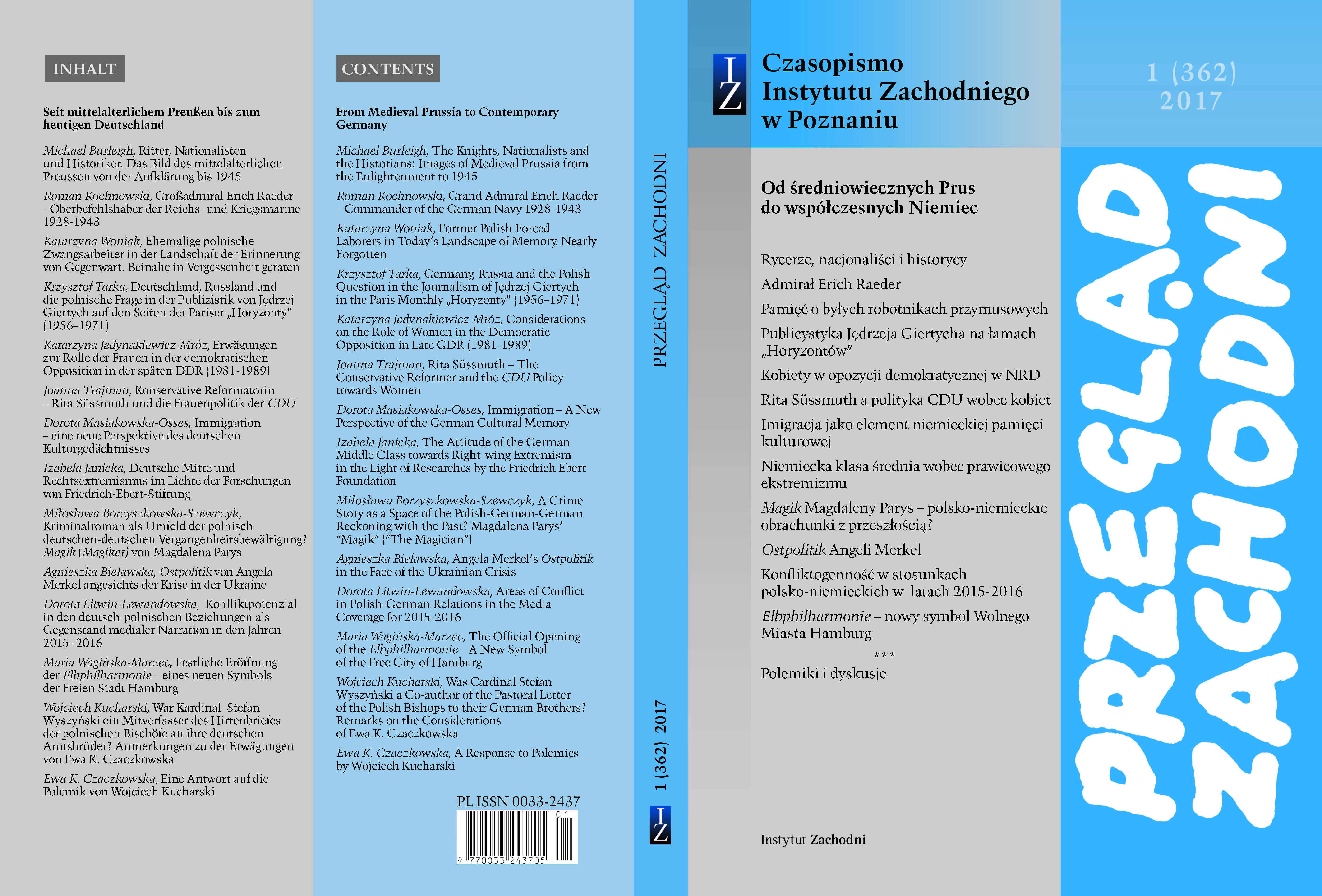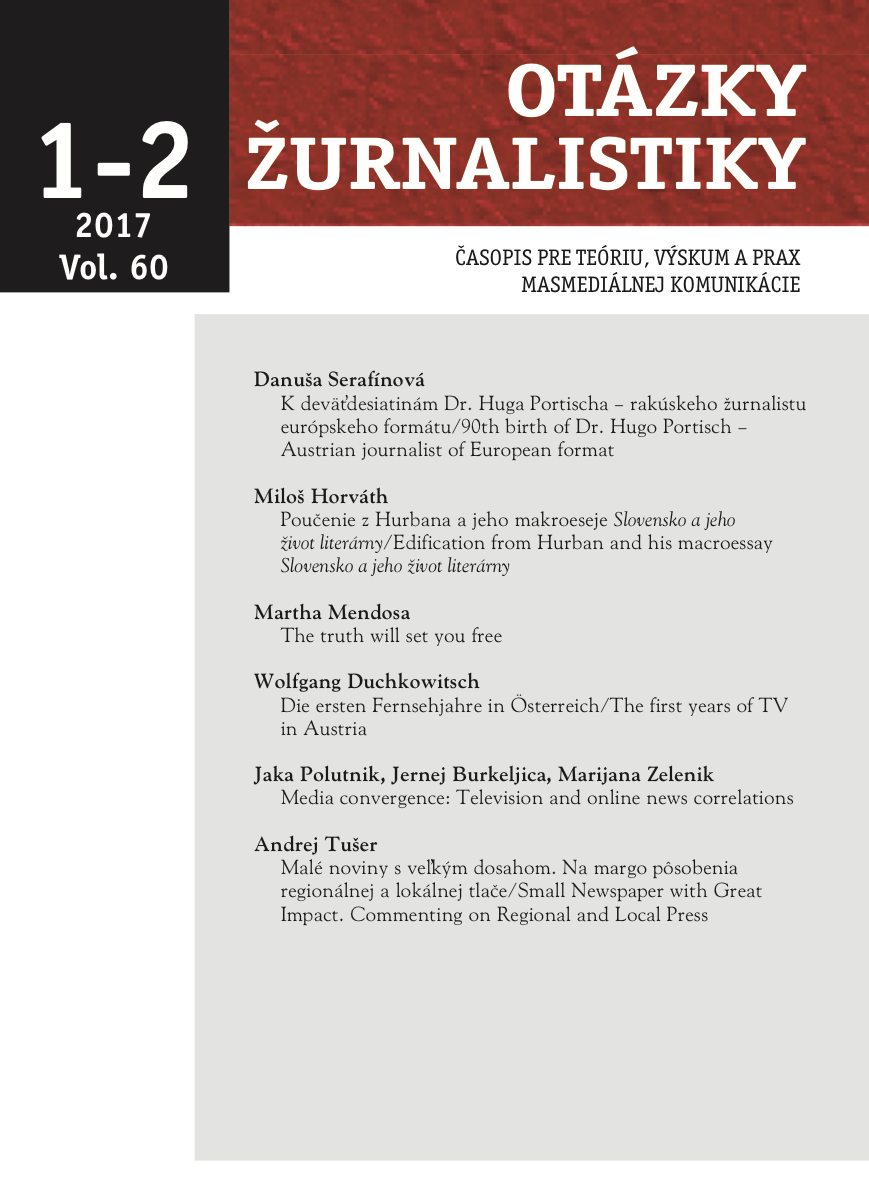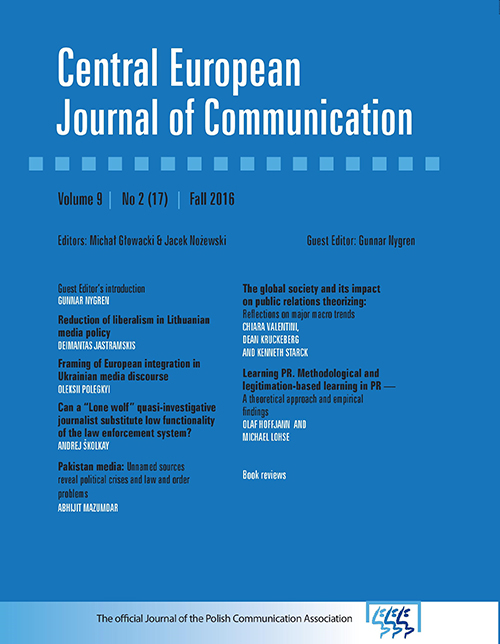Author(s): Ana Pešikan / Language(s): Serbian
Issue: 159-160/2016
Media has one of the most important and under-recognized influence on health, development and behavior of children and adolescents. Television is still the most popular form of media among children and adolescents. In the last 50 years, more than a thousand researches have been carried out in the world showing the great impact of television on children and adolescents. Television shapes the attitudes, beliefs and behaviors of children and adolescents and strongly influences their perception of reality. The high impact of television is neither recognized by children nor adults; they estimate that the media affect all others except themselves. Television can positively influence a child’s prosocial behavior and acquisition of certain types of knowledge. However, the positive effects have been much less common and usually obtained at a younger age (3–5 years). Most of the studies provide a persistent and robust findings indicating the correlation between exposure to television and a variety of health problems (such as obesity, low physical activity, elevated cholesterol, diabetes, high blood pressure, etc.) and an increased risk of certain types of behavior (like poor dietary habits, less sleep, smoking, violent behavior, alcoholism, drug addiction, etc.). The research results show that the potentials of television with beneficial effects on children have not been realized; the list of negative effects is much longer and much more diverse; and strategies to reduce the negative effects of television do not apply. The documented findings on the impact of television should elicit serious concern, not just from parents and educators but from many others such as physicians, public health advocates, entertainment industry, politicians, and government.
More...












